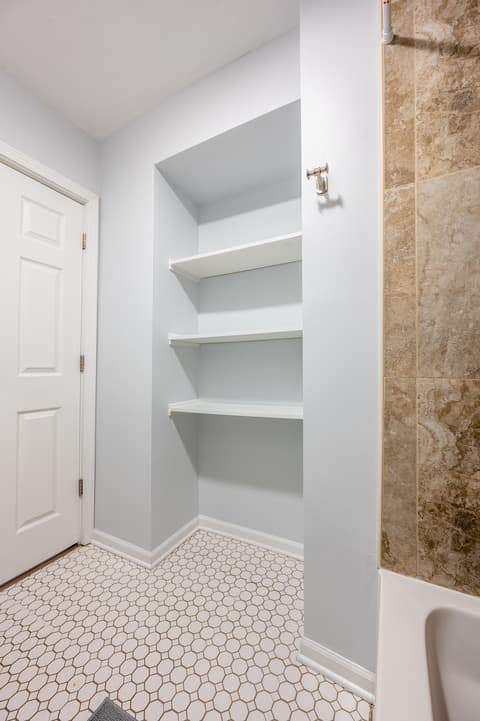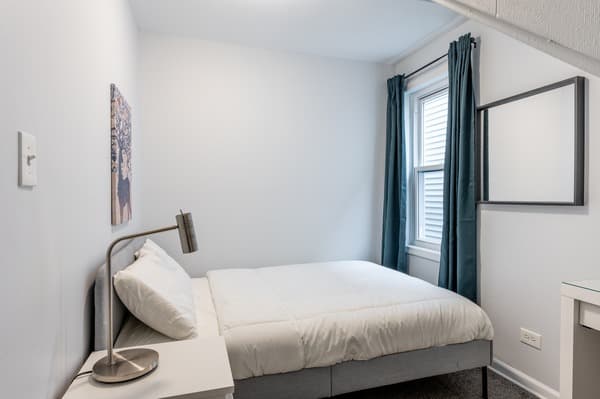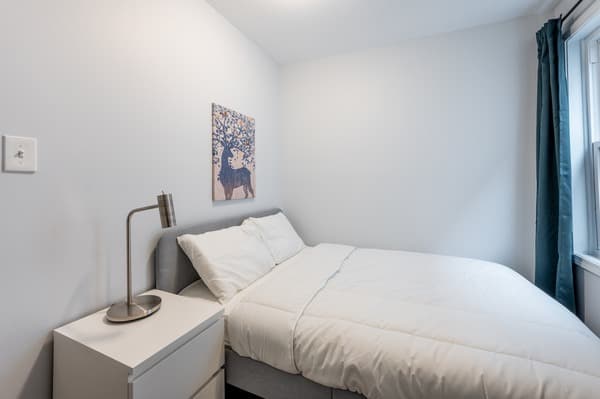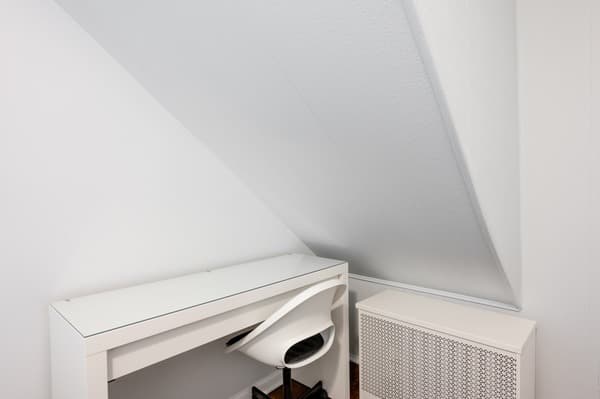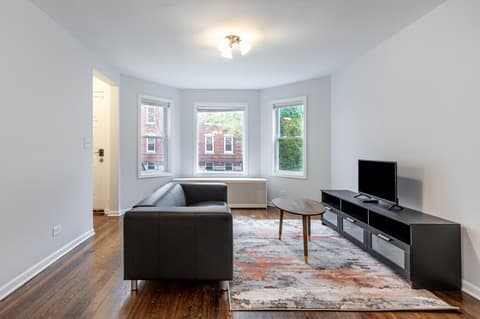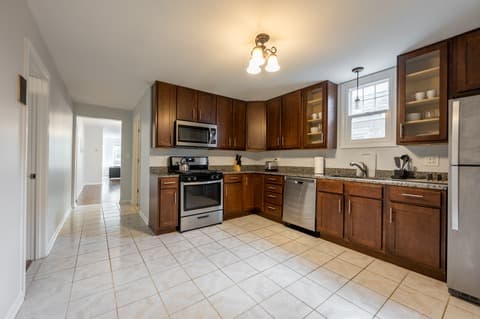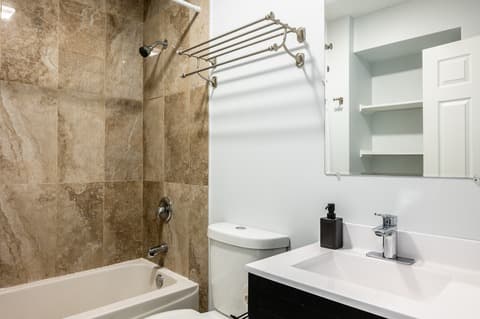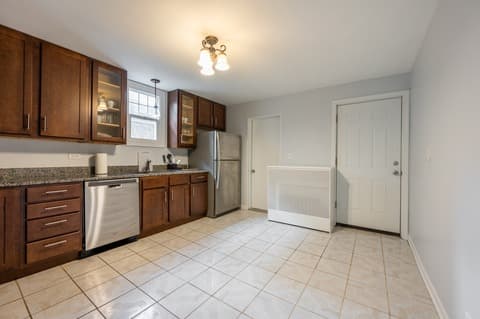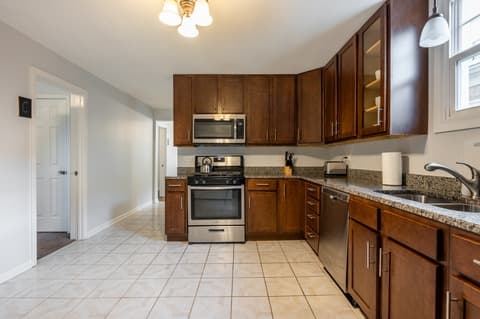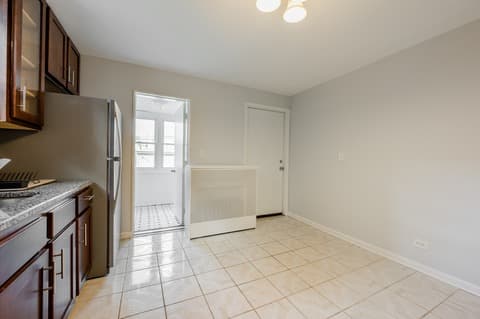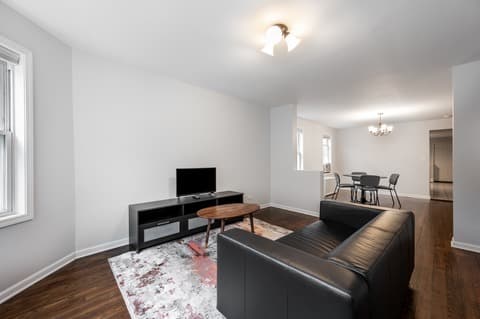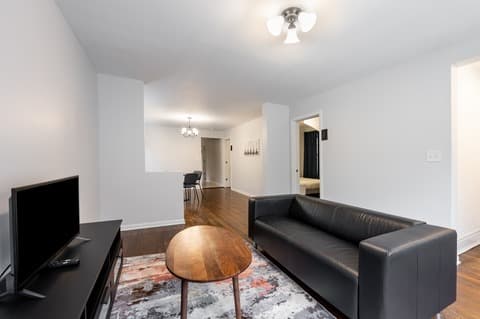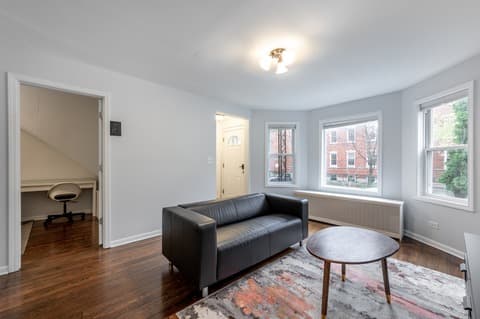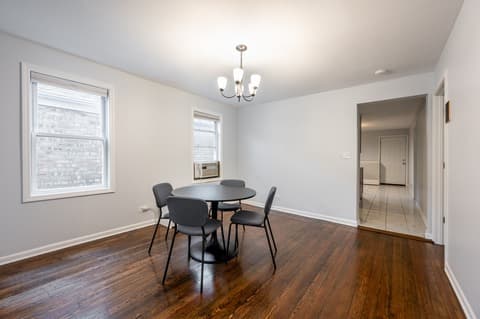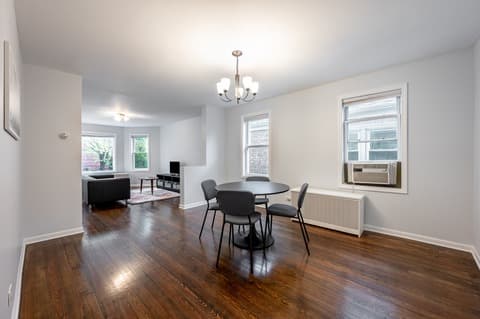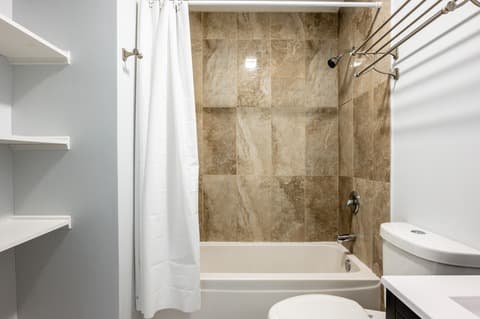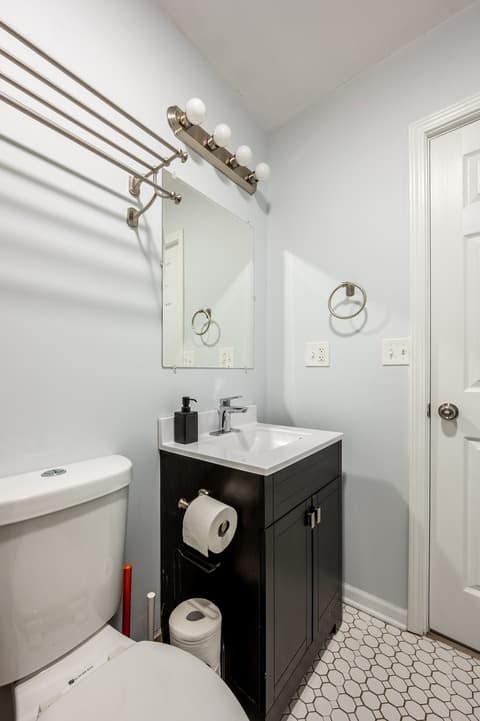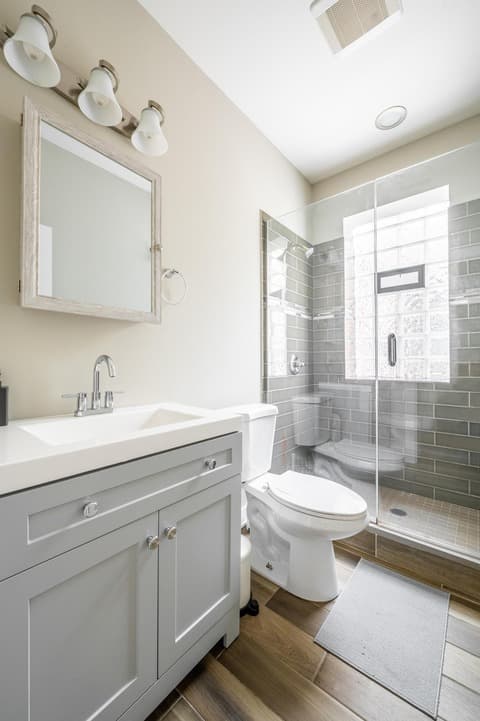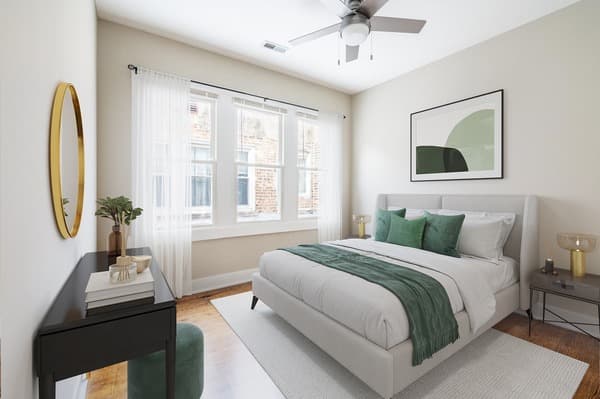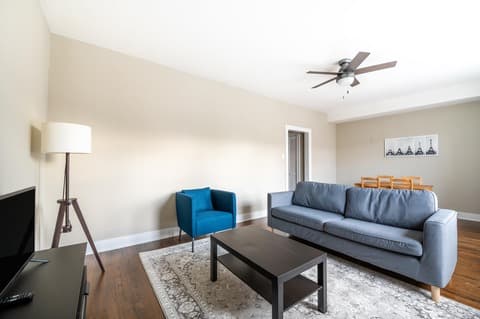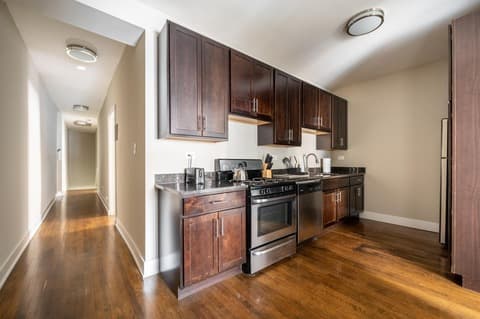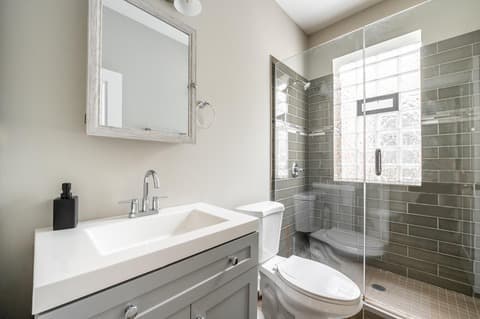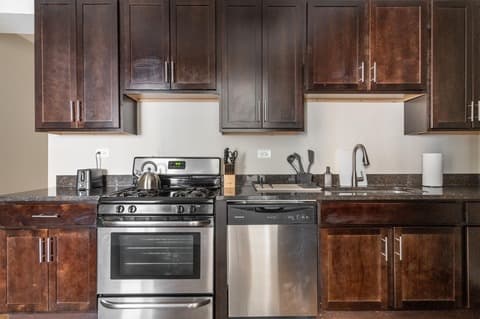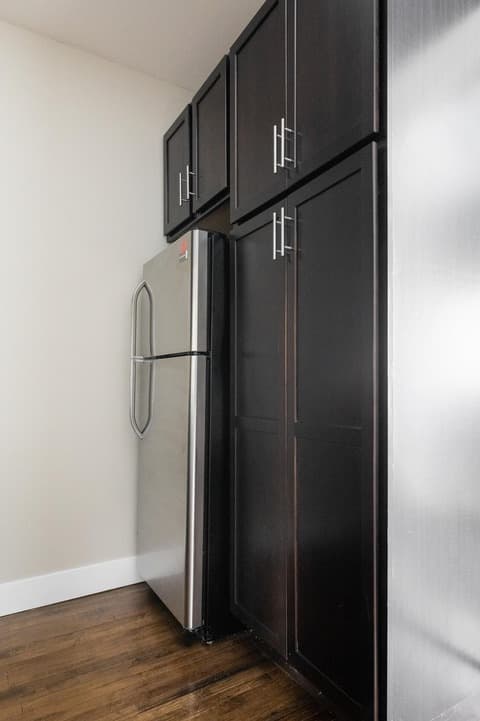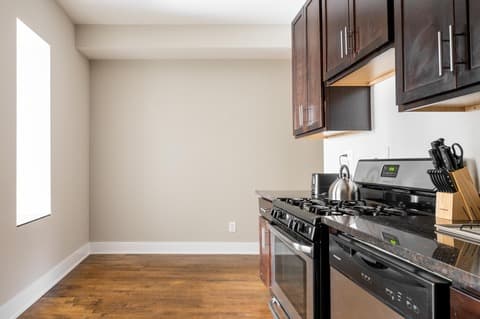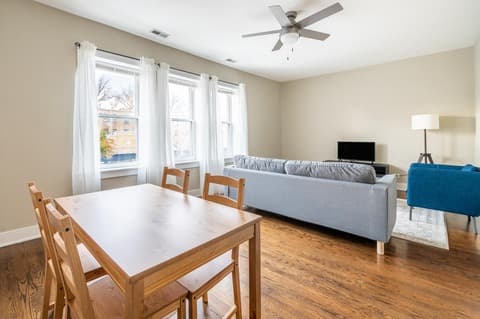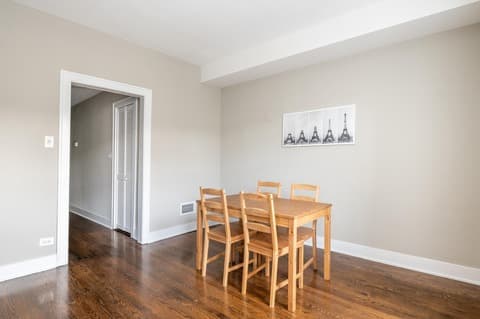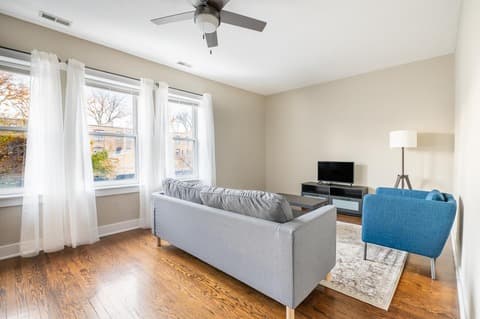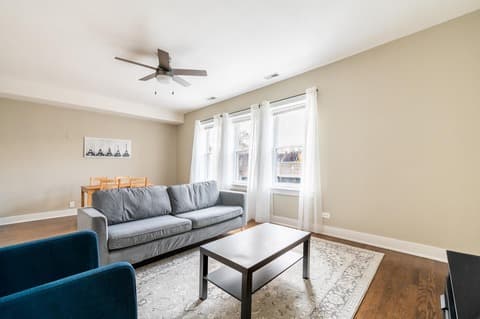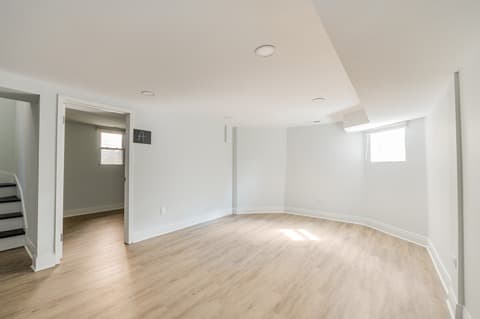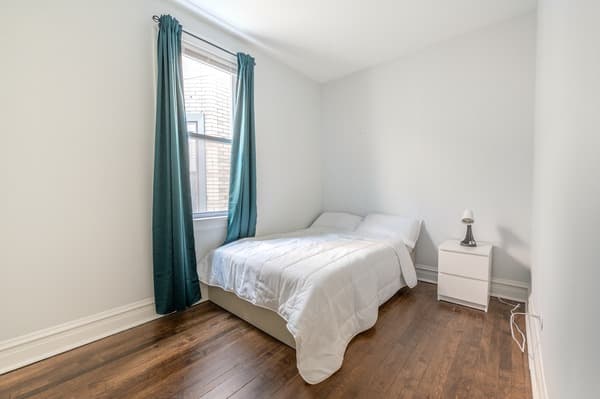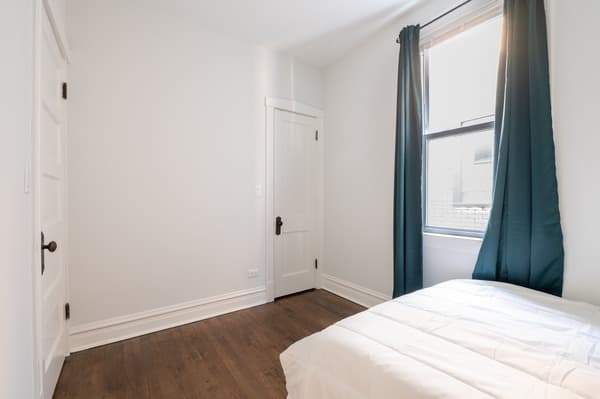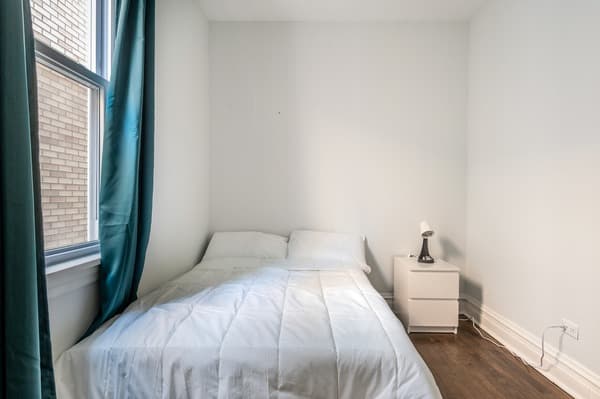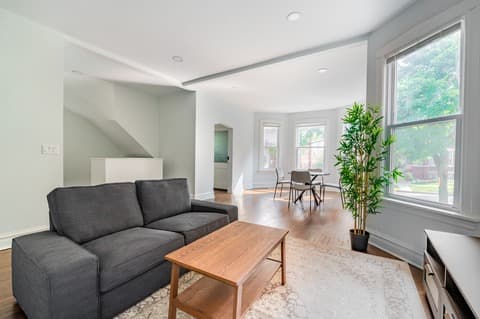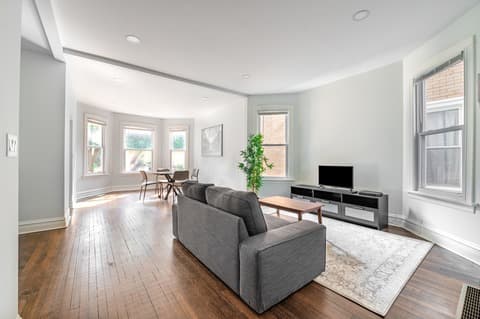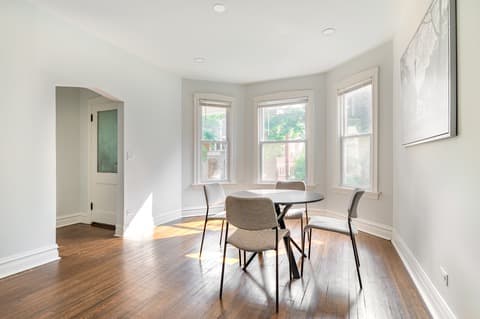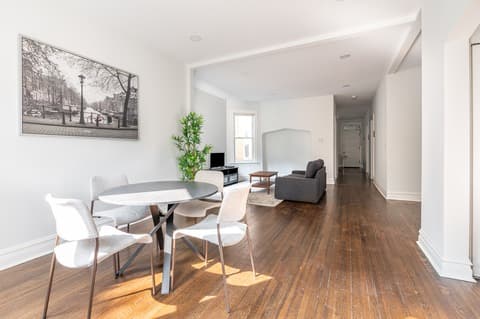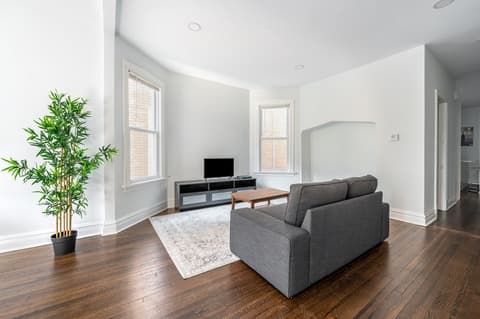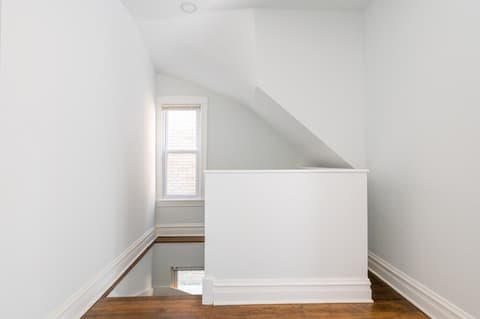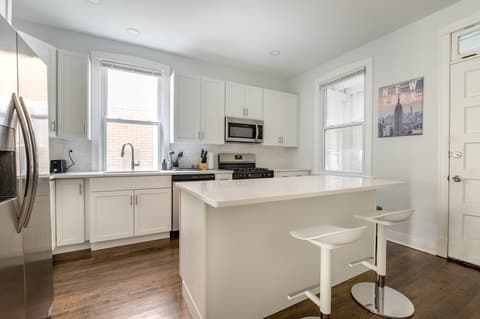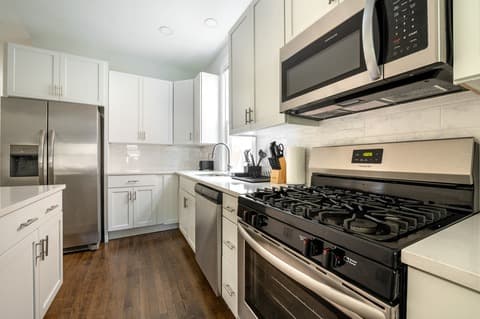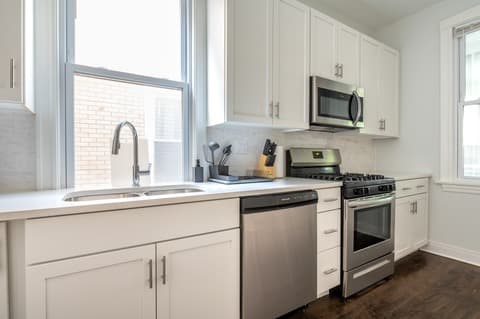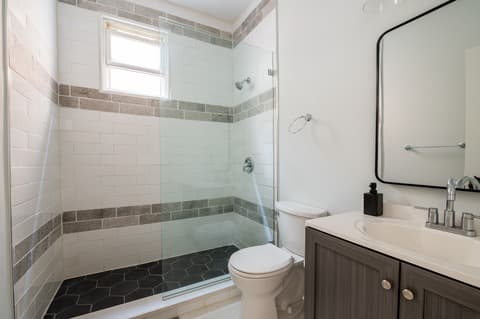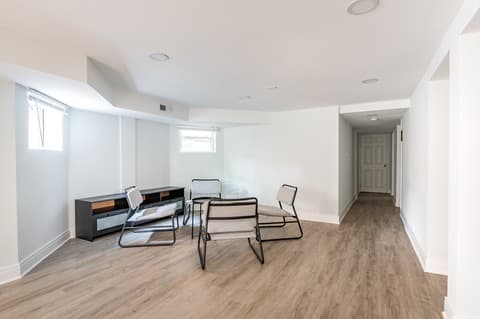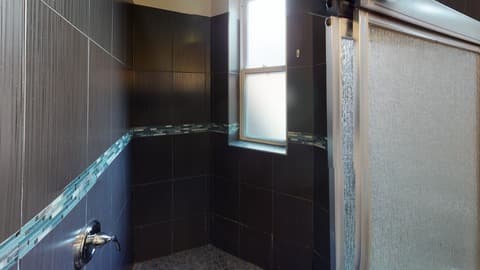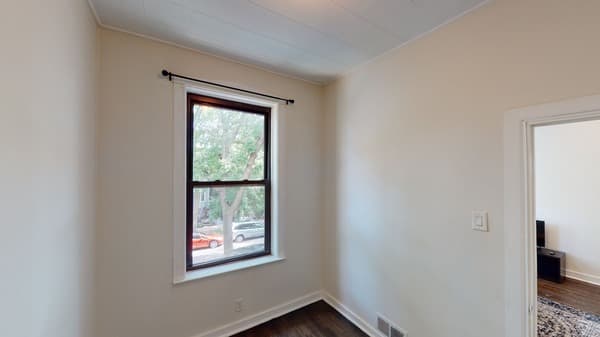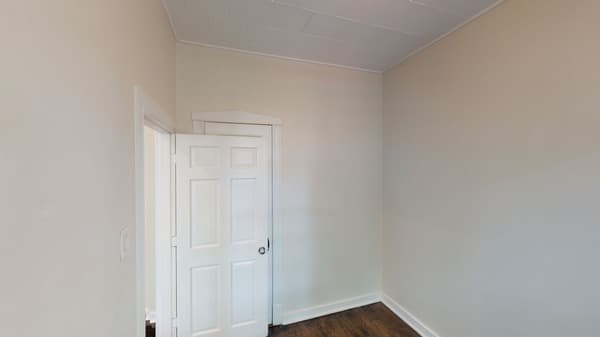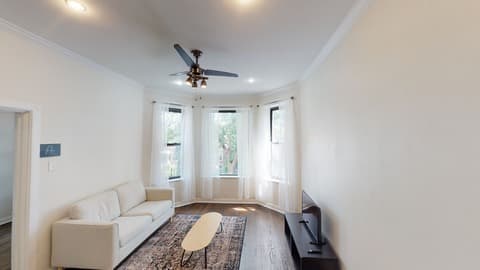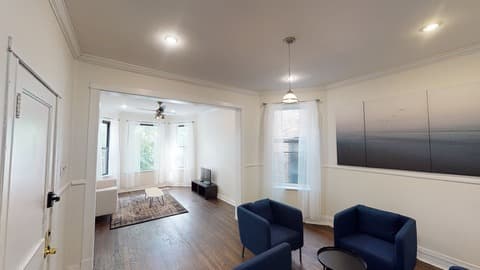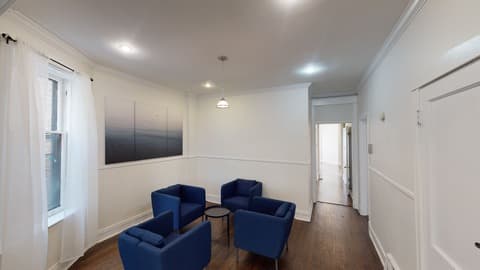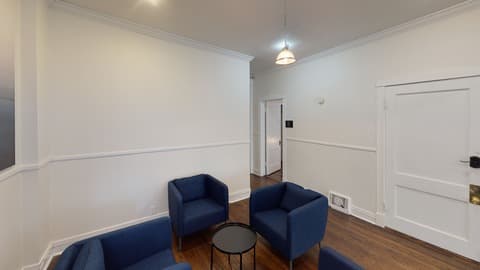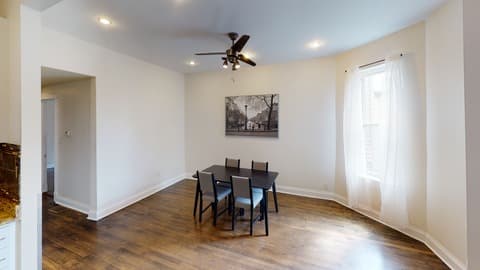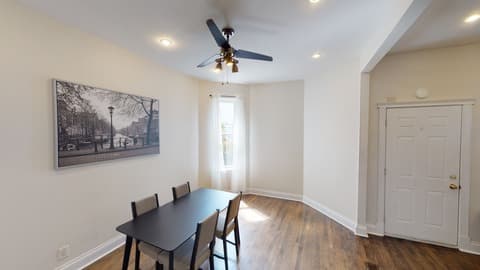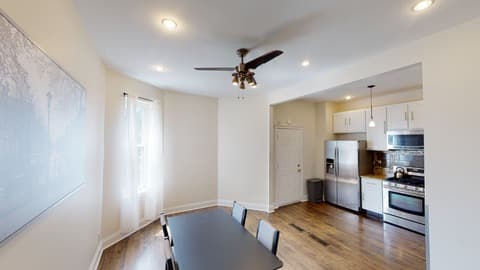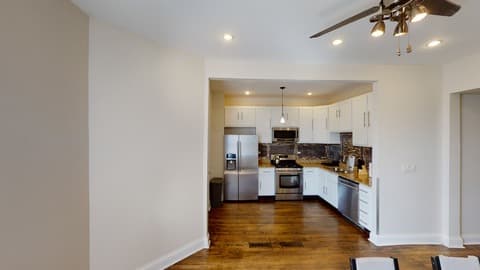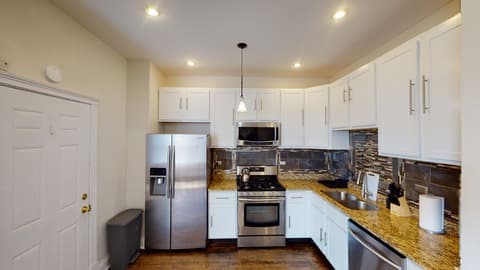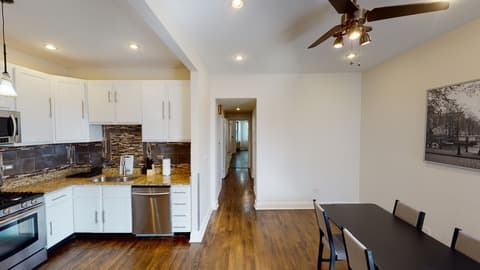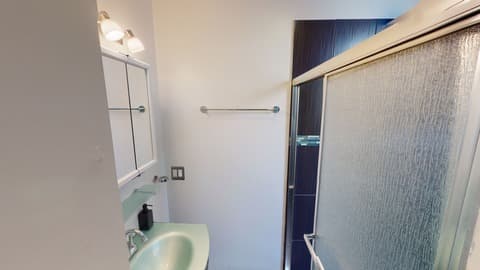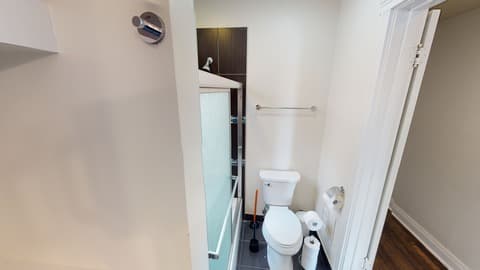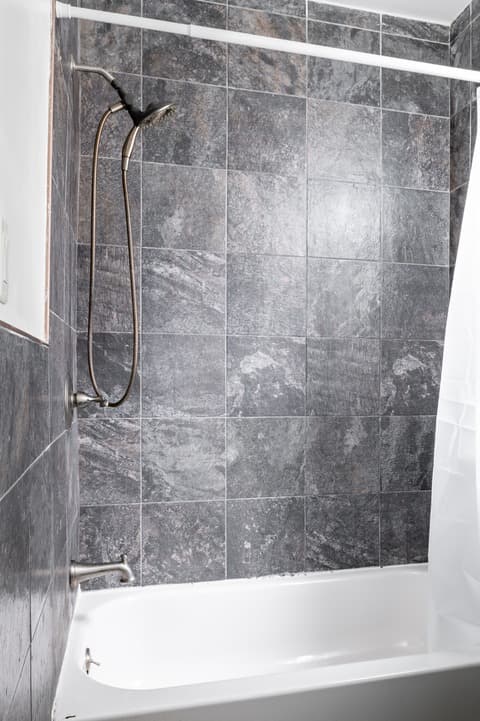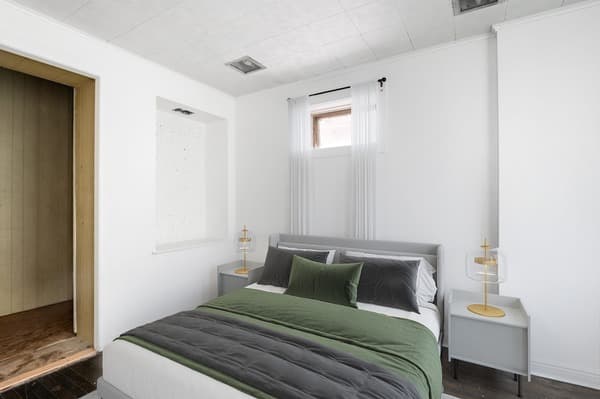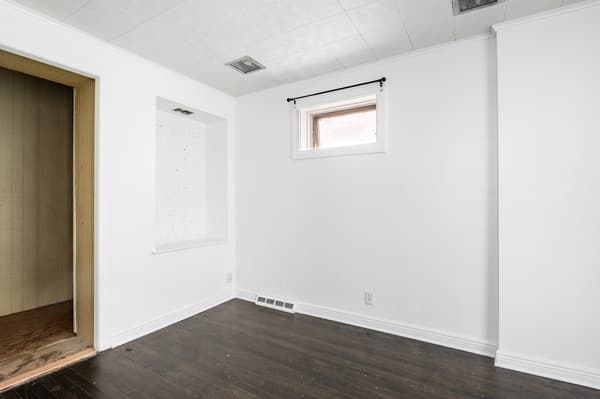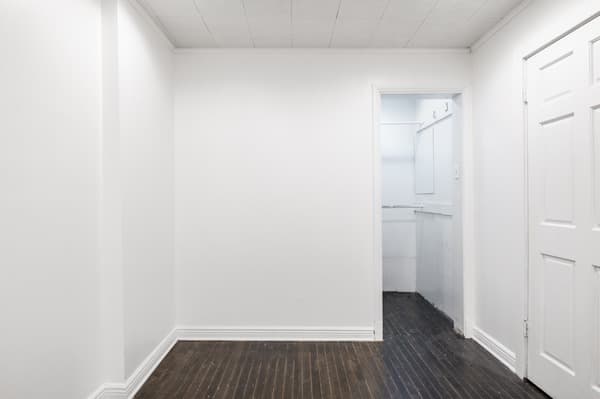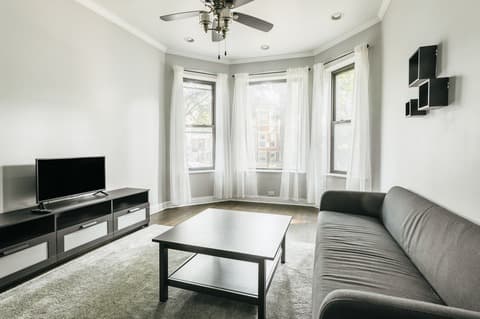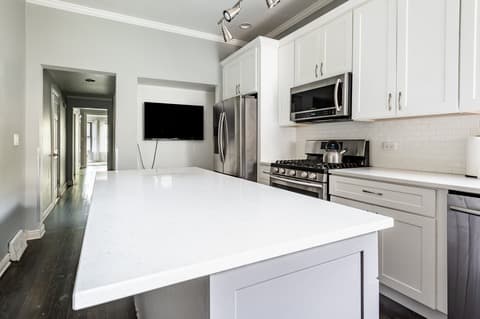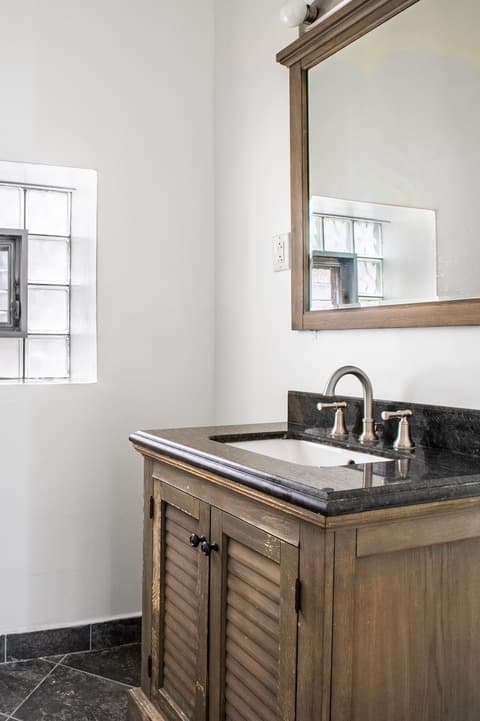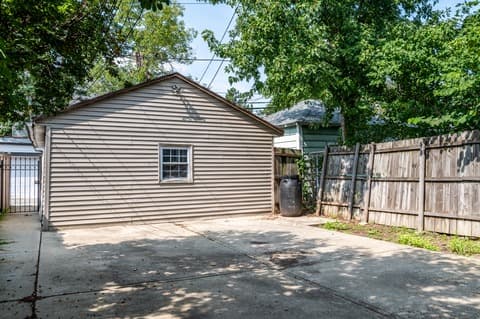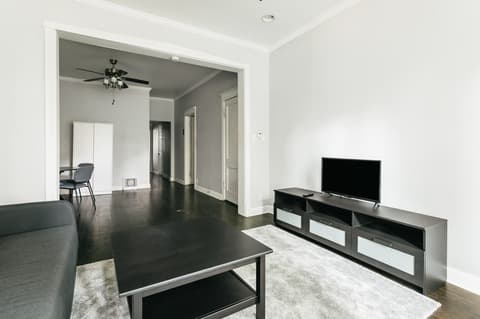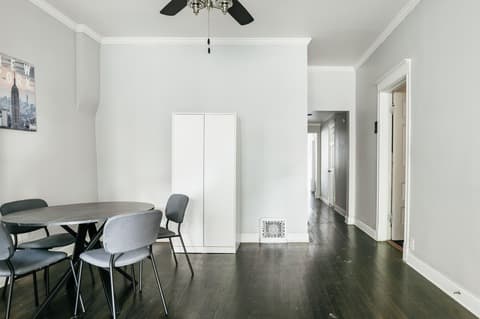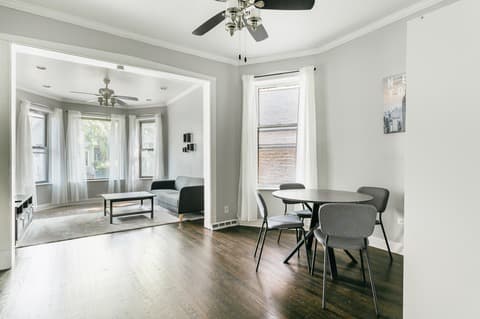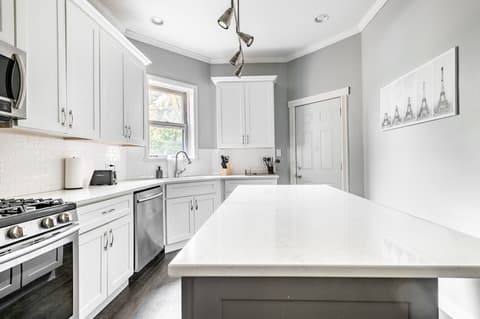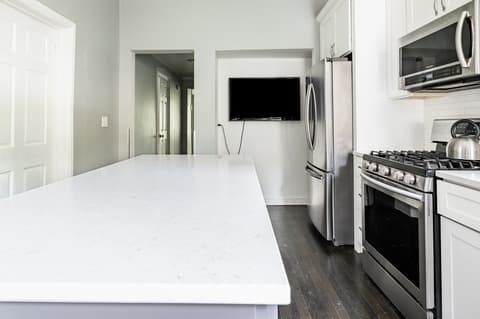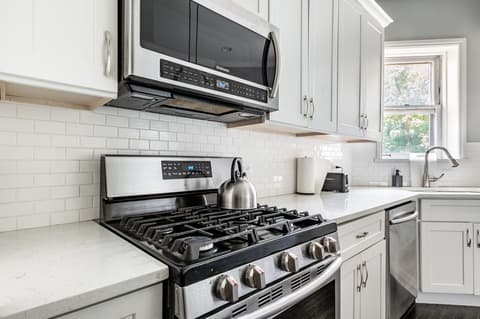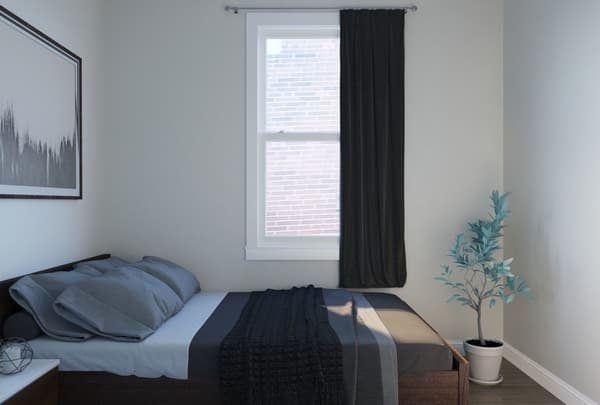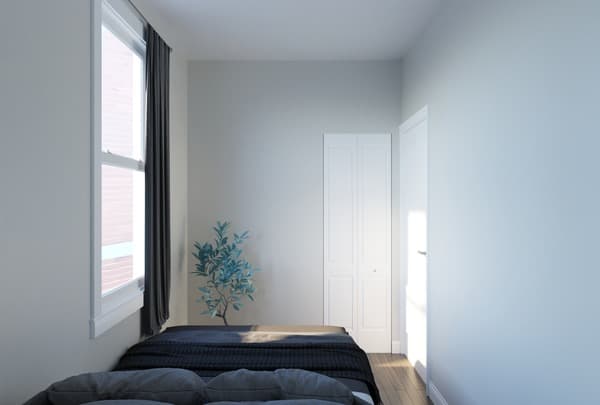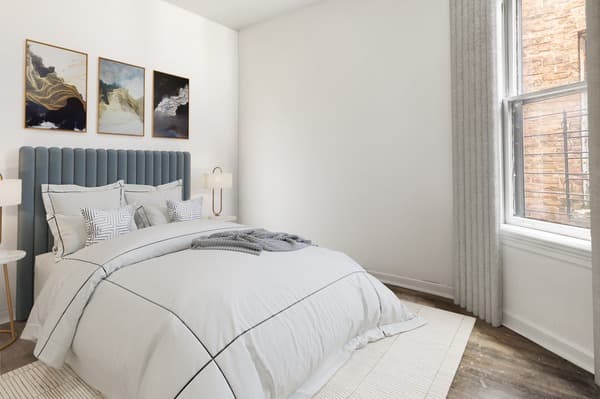40 Furnished and unfurnished short-term rentals in Logan Square, Chicago: Browse and book your perfect room or apartment today
Secure your perfect rental in the best neighborhoods, with flexible monthly leases and temporary housing options. Apply now and move in tomorrow!
Want to book faster?
Get pre-approved in less than 2 hours
and move-in as early as tomorrow
Application fee credited to your first month's rent when you move in.
All you need is your ID and SSN, nothing else
Welcome to Logan Square , one of Chicago’s most popular neighborhoods and community areas located on the northwest side of the city. One of 77 community areas within the City of Chicago, the historic Logan Square neighborhood is eponymously named after a public square park located at the three-way intersection of Kedzie Boulevard, Logan Boulevard, and Milwaukee Avenue. Approximately six miles northwest of Downtown Chicago, Logan Square is bounded by Bucktown to the east, Humboldt Park to the south, Hermosa to the west, and Avondale to the north. Named after Union Army General John Alexander Logan, who fought in the American Civil War and later became a politician, Logan Square was developed in the 1830s by English and Scandinavian settlers, many of which hailed from Norway and Denmark. Following the annexation of Logan Square by the City of Chicago in 1889, Polish and Jewish immigrants began relocating here, adding to the neighborhood’s already highly diverse profile. Inexpensive housing and affordable rent made this new neighborhood a favorite among working-class denizens and immigrants looking for a new life. The advent of the electrified rail line into Logan Square in 1895 started a building boom that would be further stimulated by the paving of Milwaukee Avenue in 1911. Affluent individuals and business owners leaving Downtown and seeking a quieter existence started building stately homes along the historic boulevards of Logan Square. The Illinois Centennial Monument was built at the center of Logan Square in 1918 to commemorate the 100th anniversary of statehood, which further established the overall importance of this neighborhood and community area.
Logan Square today is recognized and known for its historic boulevards and the large bungalow-style homes that can be found along these roads. First used as a Native American trail, Milwaukee Avenue, which runs the length of this neighborhood, is one of the oldest roads in the area and perhaps the most significant commercial thoroughfare. At 3.2-square miles, Logan Square holds a population of just over 72,000 people. Once home to the Chicago Norske Klub, a Norwegian-American cultural center, Logan Square remains a highly diverse area of Chicago with established Latino and Eastern European communities. Lower housing costs in Logan Square, compared to those of nearby Lakefront communities, such as Lincoln Park and Lake View, has made this neighborhood popular among an eclectic demographic of aspiring artists, college students, and single professionals that don’t mind the short commute into Downtown Chicago. The housing stock and architecture in this neighborhood vary greatly based on proximity to Logan Square Park. However, you can find everything from contemporary condos and newly refurbished apartments in low and mid-rise buildings to elegant greystone rowhouses and prewar single-family bungalows. Logan Square has recently become a prominent hub of Chicago’s impressive culinary scene, offering numerous Michelin-rated dining establishments and trendy eateries that draw a steady flow of tourists and Chicagoans from nearby neighborhoods. With new mixed-use construction along Milwaukee Avenue, Logan Square is rapidly transforming into one of the best neighborhoods in Chicago.
Neighborhoods
Apartments and Rooms for Rent
Rent Nearby Chicago Universities
- University of Chicago
- Northwestern University
- University of Illinois at Chicago
- Loyola University Chicago
- Illinois Institute of Technology
- DePaul University
- Columbia College Chicago
- Roosevelt University
- School of the Art Institute of Chicago
- Rush University
- Northeastern Illinois University
- North Park University
- National Louis University
- Concordia University Chicago
- Dominican University
- Adler University
- Moody Bible Institute
- Illinois College of Optometry
Rent Nearby Chicago Hospitals
- Northwestern Memorial Hospital
- Rush University Medical Center
- University of Chicago Medicine
- Ann & Robert H. Lurie Children's Hospital of Chicago
- Advocate Illinois Masonic Medical Center
- Shirley Ryan AbilityLab (formerly RIC)
- Ascension Saint Joseph Chicago
- Jesse Brown VA Medical Center
- Mount Sinai Hospital
- John H. Stroger Jr. Hospital of Cook County
- Mercy Hospital & Medical Center
- Ascension Resurrection
- Swedish Hospital
- Thorek Memorial Hospital
- Weiss Memorial Hospital
- Loretto Hospital
- Saint Anthony Hospital
- Shriners Hospitals for Children — Chicago
- Garfield Park Hospital
- Holy Cross Hospital

















